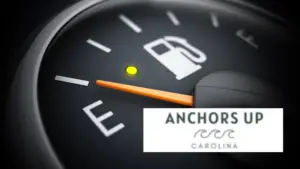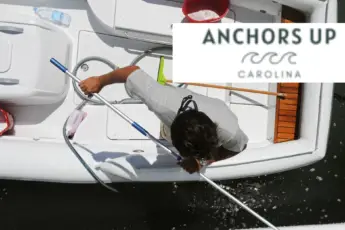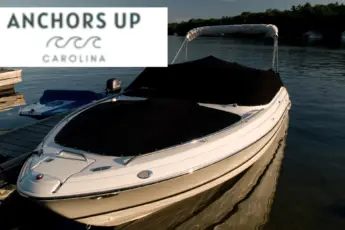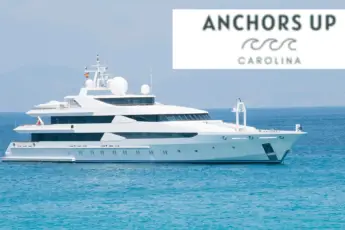As a former captain, I needed to be highly conscious of fuel levels when delivering boats across the open ocean. However, recreational boaters need to be equally as conscious of fuel management when cruising on lakes, rivers, and coastal waterways. The last thing you want to do is run out of gas when you’re out with family or friends. With that said, avoid poor fuel management by knowing your boat’s range.
How To Achieve The Best Possible Fuel Range
There are a multitude of ways to maximize fuel range. Without question, it is expensive to fill up a boat’s gas tank, especially at a marina. Here is how to achieve the best possible fuel range on a boat.
Empty The Bilge
For the most part, bilges will automatically pump out water when the water reaches and lifts the bilge pump float. However, you can be proactive and remove any standing water in the bilge by manually turning on the pump.
Undoubtedly, emptying the bilge will reduce the weight of the vessel, thus saving fuel.
Don’t Fill The Water Tank
Today, most boats are fitted with fresh water tanks to either rinse the boat or rinse yourself after getting out of the water.
Another approach to reducing fuel burn is to avoid topping off the onboard water tank. Remember, the gallons of water equate to additional weight on the boat, thus increasing the fuel burn.
Operate At Cruising RPM
As a boat owner, it is important to know at what rotation per minute the engine is most fuel efficient. Typically, the owner’s manual will provide details on the specific RPM to cruise to burn the least amount of fuel.
Importantly, as a captain and a boat owner, I stayed on that mark when traveling over long distances. In some cases, if I didn’t maintain the proper cruising RPM, I would be at risk of running out of fuel before arriving at my destination.
Top Off Your Tank
Unfortunately, poor fuel management is as simple as failing to monitor the amount of fuel onboard before leaving the dock or while on the water.
With that said, to avoid a fuel emergency, I recommend topping off the fuel tank before going boating for the day. I have seen countless boaters run short on gas and require a tow back to the boat ramp or the marina.
Press your tank each time that you’re going out boating. This will alleviate stress as the operator.
Know The Fuel Range Of Your Boat
First, I will start out by saying that fuel range is highly subjective to varying conditions. The conditions include current, wind, and waves.
If you’re constantly having to climb waves, you’re going to burn more fuel compared to flat seas. However, your owner’s manual may not specify an exact range. The range is how far the boat will travel at a specific RPM before running out of gas. Instead, calculate the burn rate.
It is important to determine how many gallons per hour are burned at cruising speed. Once this is determined, divide the total fuel onboard by the number of gallons burned per hour. The number will tell you how many operating hours of fuel you have on the boat.
After you determine the operating hours, you can better assess the range by monitoring the speed over water.
Factors When Traveling Long Distances By Boat
As mentioned before, there are a multitude of variables that will impact the true range of a boat compared to a calculated range.
Remember to factor in the wind, waves, current, and, most importantly, weight. When I would travel from Florida to the Bahamas, I loaded the boat with a substantial amount of gear, including spare propellers. For this reason, I was burning more fuel per hour.
I would never push the limits on the range, especially if you’re traveling over the open ocean. You’ll want to give yourself a buffer to ensure that you can arrive at your destination or fuel dock without the boat running on fumes.
As a captain, I often would press the tank to the very top. After arriving home, the boat would sit significantly higher because the tank was getting closer to empty.
Fuel Management Onboard A Vessel Is Important
Without a doubt, you don’t want to take chances when operating boats that are light on fuel. I have never run out of gas or diesel and hope that it never happens. You will want to avoid a costly tow or frightening your friends and family because you didn’t properly asses your fuel situation.







